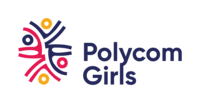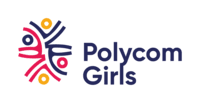Polycom Girls recognizes the importance of addressing menstrual hygiene needs among adolescent girls at the grassroots level. Consequently, Polycom endeavors to provide free sanitary towels and panties to girls in the informal settlements within Nairobi and target countries like Meru, Bomet and Kilifi to ensure that menstruation does not hinder the development or education of the girls we serve. Additionally, in response to health challenges posed by unsanitary toilets in Kibera, Polycom produces soap and distributes it to schools to clean the rudimentary lavatories, aiming to reduce cases of urinary tract and fungal infections among adolescent girls and boys. Annually, Polycom refers an average of 15 students monthly to youth-friendly facilities for treatment and provides psycho-social support to several teenage mothers, creating a movement for them to be included in all programming and even pushing for the return to school policy with proper financing. Through life skills education Polycom Girls reaches an average of 2500, with the year 2023 reaching a total of 2924 adolescent girls and 905 boys, contributing significantly to the holistic development of the Kibera community which is our primary target population.It is worth noting that the sanitary towels are made by our own pads company, ensuring that adolescent girls can easily access the sanitary towels through continuous supply, further enhancing their access to menstrual hygiene products.


